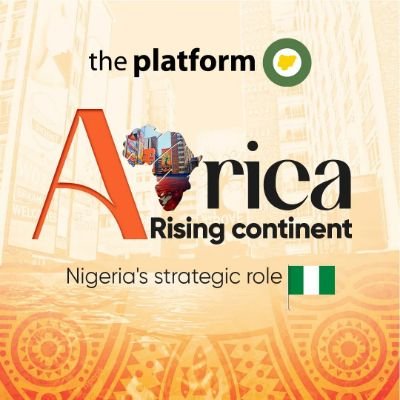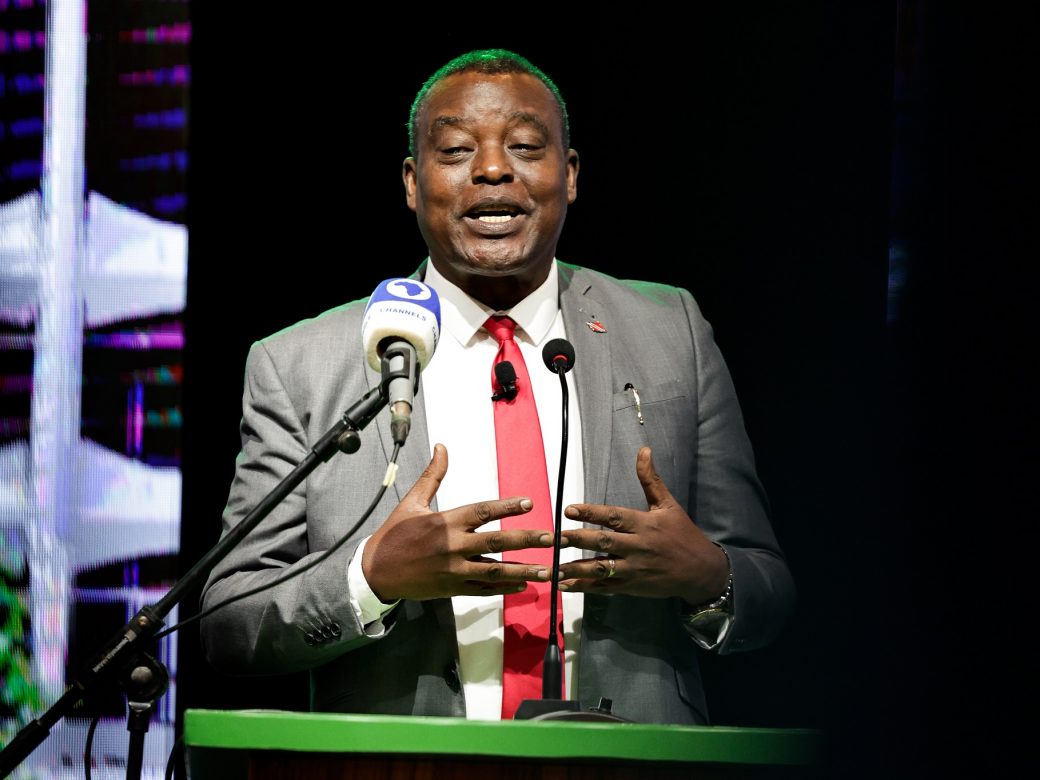A professor of comparative politics and Vice Chancellor of Igbinedion, Nigeria. He commended the mandate set for the platform as machinery for reminiscence and building new foundations and beginnings in Nigeria. He started by categorising the response to the topic that a better Nigeria is possible into the Whats, the Whens and the Hows.
He says this normative approach, though positive requires an evaluation of what is the current reality to be able to find the solution of attaining a satisfactory future. This positivist approach will mean that this possibility must be driven by key levers. New narratives, a re-imagination will require these:
*A counter-narrative where youth are gathered and thinking up a new dawn.
*Actions sets leadership must be a key driver of this new actions. He illustrated this in his encounter with a non-Nigerian who had asked him a pertinent question. This important global citizen asked him to reflect on the fact that he had never encountered any Nigerian whose primary concern was for the country and not for personal gain. The narrative that being a Nigerian was a commodity. He established the need for that narrative to change because the change we seek can only be found in the common good and the fact that we are not bound together only from what we can get. He said we can redeem the country by support and loyalty.
He then gave another analogy of a frustrated Governor with very angry constituents. The governor felt his constituents were ungrateful because he had built several monumental infrastructures. He narrated how the governor had expressed this frustration and how he had quizzed him on how he knew the needs of the people were met. The Governor had imagined that he knew the needs of the people merely because the people had voted him into office and therefore expected that his direction for them would be sufficient. His final illustration was that of a drunkard who was found stumbling about, searching for his money where there was light and when asked where he had lost his money he pointed to another place. When asked why he chose to look for it at the illuminated spot, he responded that, the spot he lost the money was dark.
The way into a better Nigeria would be better leadership. Leadership that understands the socio-economic and cultural nuances of Nigeria.
*Inter-connectedness: He used the presentation of Professor Billy Dudley to explain the wrong notion of fragmentation in Nigeria’s ethnicity. He explained that Nigerians are not as divided as we think we are. Not only have there been intermarriages and several common fronts abound. He says ethnic identities are fluid as identities keep evolving as they take their forms within the Nigerian state. He said the equilibrium we create internally will determine how the country can withstand the external issues of globalization that come against it.
Prof Osagie establishes that the way to re-enact ourselves is to go back to history and see the things that give us energy, form, mobilize, and helps to consolidate solutions. Solutions that look to the strength of the opportunities of the digital economy that will not be built at the expense of the state.
Hinging on these levers, the way into a better Nigeria would be better leadership. Leadership that understands the socio-economic and cultural nuances of Nigeria. Leaders that understand the fragility of the state’s social foundations. We need visionary leadership that does not see its citizenry as subjects but engages and seeks to partner with them o find solutions. He closed by saying that the Nigerian polity is not going to resign, and there’s not likely to be a revolution, but a re-structuring as a renewal is essential. Each Nigerian will be an anchor of this renewal, as a federal system was not proving effective. The states, and the local governments need the autonomy to work.


